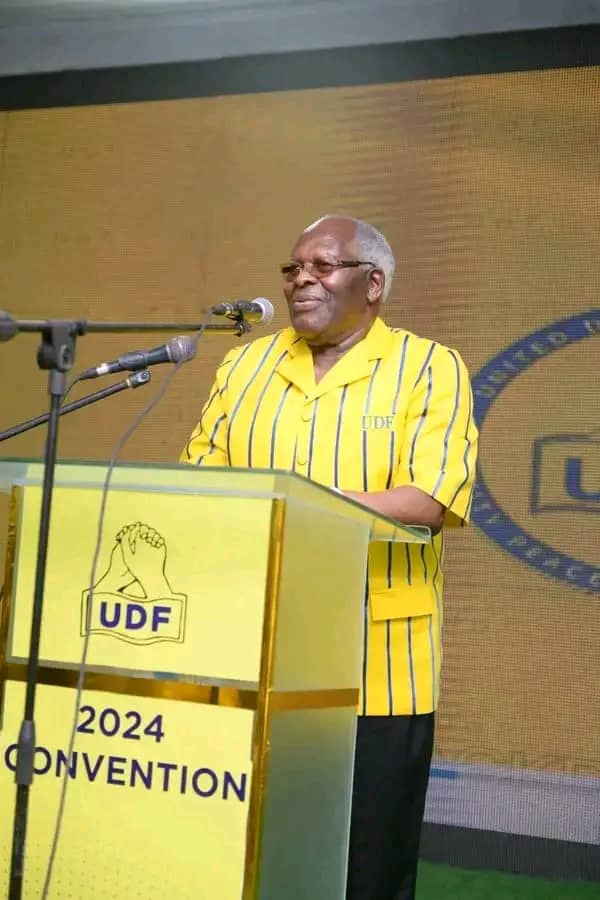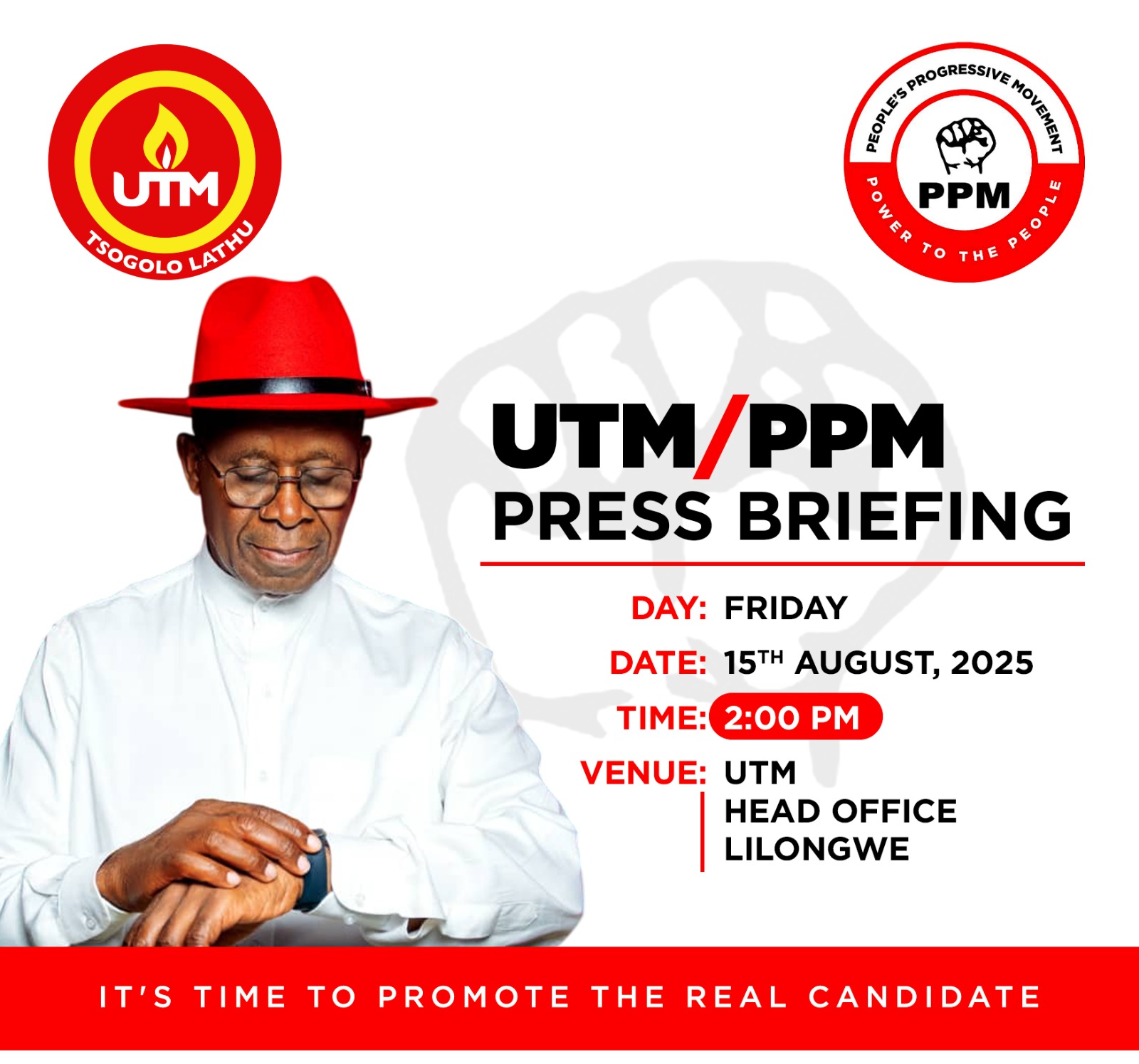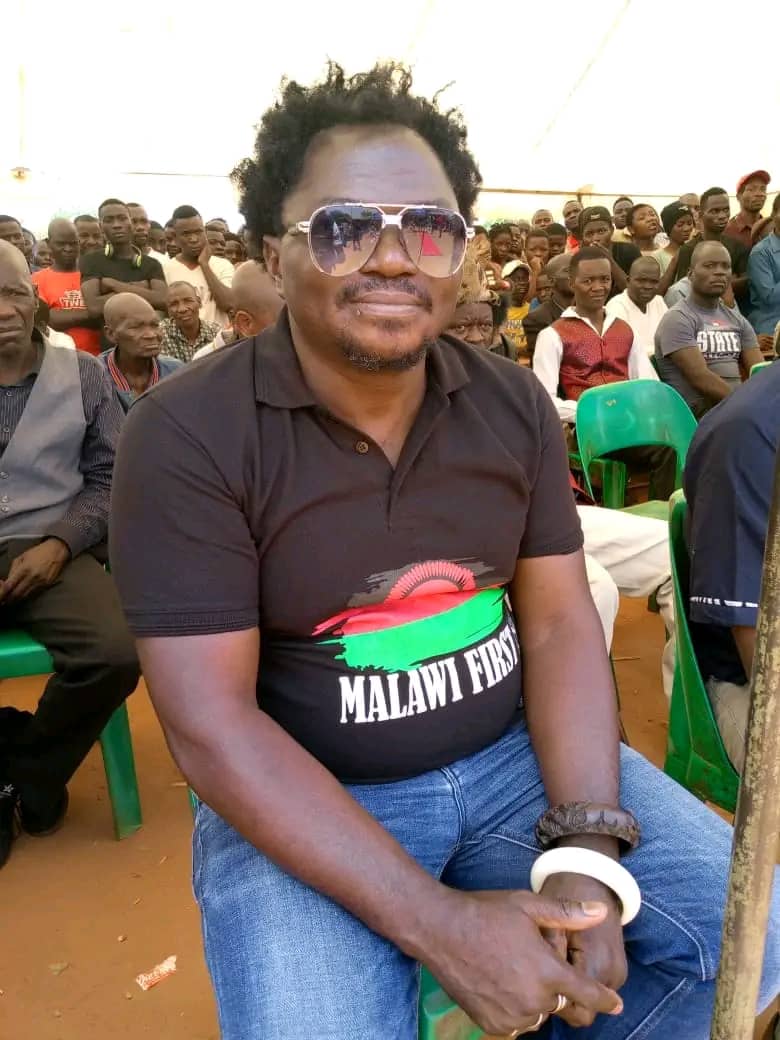By Burnett Munthali
The United Democratic Front (UDF), once a formidable political party in Malawi, has faced significant challenges in recent years, leading to its decline in influence and electoral success. A critical examination of the UDF’s downfall reveals the complexities of political alliances, particularly its historical partnership with the Malawi Congress Party (MCP).
Historically, the UDF has played a significant role in Malawi’s political landscape, particularly during the early years of multiparty democracy. However, the party’s alliance with the MCP, which culminated in the Tonse Alliance prior to the 2020 elections, raises questions about its strategic direction and future.
The alliance between the MCP and UDF was initially seen as a move to challenge the dominance of the Democratic Progressive Party (DPP). However, this collaboration was not without its complications. The political dynamics within the alliance revealed deep-seated differences in ideology and strategy. The MCP, with its roots in nationalism and socialist policies, often clashed with the more centrist UDF, which historically attracted a different voter base.
During the 2020 elections, the coalition managed to oust the DPP from power. Yet, the alliance’s subsequent failure to deliver on key promises and address pressing national issues raised doubts about its viability. The UDF, which was initially buoyed by its partnership with the MCP, found itself overshadowed by the latter’s leadership and dominance within the alliance.
The UDF’s previous attempt to combine forces with the MCP serves as a poignant reminder of the dangers of political partnerships. In a previous election cycle, the MCP and UDF’s collaboration had resulted in a significant loss to the DPP. This historical precedent highlights the complexities of political coalitions in Malawi, where differing ideologies and voter bases can create friction rather than foster unity.
The UDF’s reliance on the MCP in a bid to regain political relevance may have inadvertently alienated its core supporters, who perceived the alliance as a betrayal of the party’s founding principles. This loss of identity has contributed to the UDF’s struggles in subsequent elections, as it failed to resonate with voters who once saw it as a credible alternative to the DPP.
As the UDF grapples with its identity crisis and electoral challenges, it must consider a strategic reorientation. Rebuilding its base and addressing the concerns of its supporters is crucial. The party needs to define a clear and distinct political platform that reflects the aspirations of its constituents, rather than simply relying on alliances that may not yield the desired outcomes.
Moreover, the UDF should prioritize grassroots engagement to reconnect with voters. By focusing on local issues and championing policies that resonate with the Malawian populace, the party can begin to restore its credibility and relevance in the political landscape.
The downfall of the UDF is intricately linked to its political alliances and the leadership dynamics within those partnerships. The lessons learned from its collaboration with the MCP must guide the party’s future strategies. For the UDF to regain its footing in Malawi’s political arena, it must reflect on its past missteps, redefine its identity, and prioritize the needs of its supporters. Only then can it hope to rise from the ashes of political decline and emerge as a key player in Malawi’s ever-evolving democracy.




